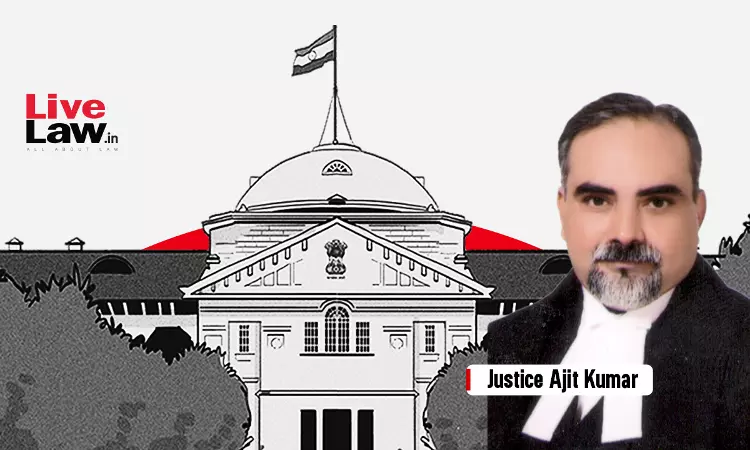Seniority Of Employees Must Not Be Compromised While Making Transfers: Allahabad High Court
Upasna Agrawal
29 Aug 2024 11:30 AM IST

Next Story
29 Aug 2024 11:30 AM IST
The Allahabad High Court has observed that where transfer is permissible, the employees must be transferred at the same post which they were originally serving at. It has been held that the seniority of employees must not be compromised.Justice Ajit Kumar observed that “transfer though is permissible within the distribution company but in no circumstances, seniority of employees should...
